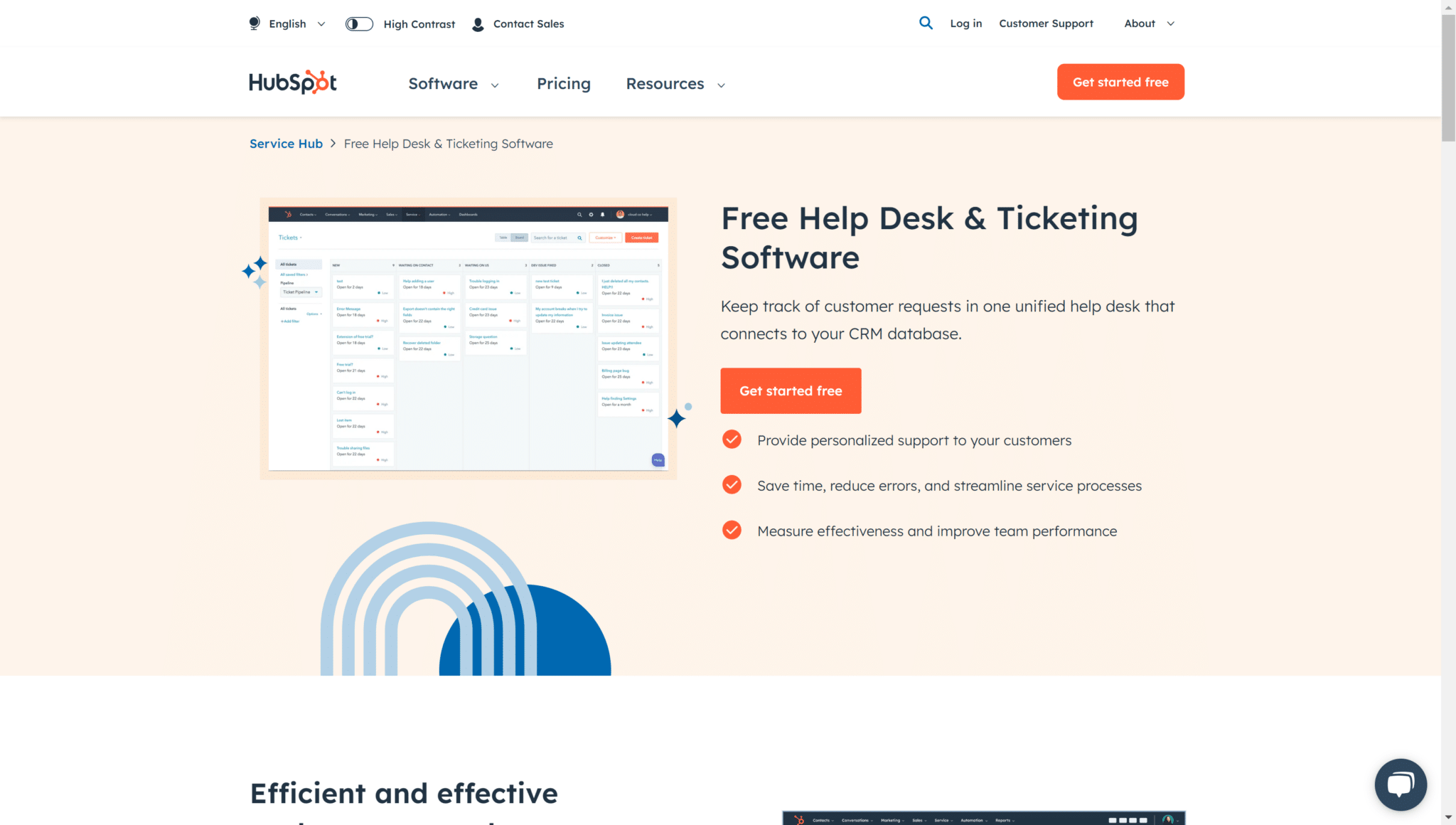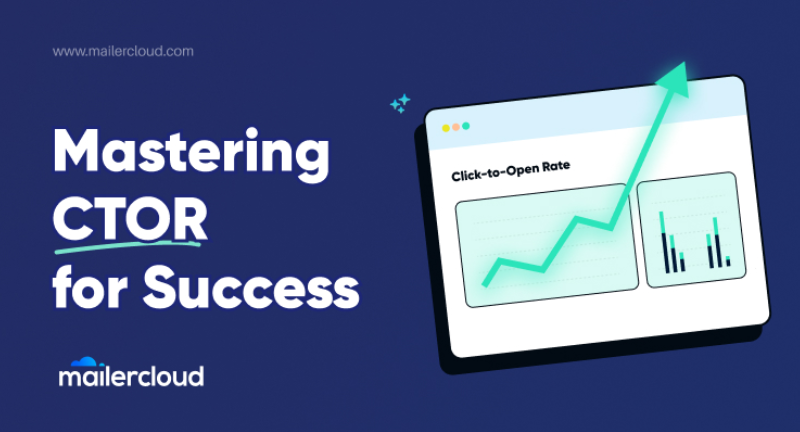HubSpot and Zendesk are top contenders for customer support management. Each offers unique features tailored to different business needs.
HubSpot, known for its robust CRM capabilities, provides seamless integration with marketing and sales tools. This makes it ideal for businesses seeking an all-in-one platform. Zendesk, on the other hand, excels with its powerful ticketing system and customizable help desk solutions.
It suits organizations focused primarily on customer service efficiency. Both platforms offer a range of features to enhance customer interactions, but the choice depends on specific business requirements and goals. Understanding the strengths of each can help in making an informed decision for optimizing customer support management.

Credit: www.zendesk.com
Features Comparison
Hubspot offers a user-friendly ticketing system. It helps you manage customer queries easily. Zendesk also has a powerful ticketing system. It allows you to handle large volumes of tickets. Hubspot integrates well with other Hubspot tools. Zendesk offers more customization options. Both platforms provide seamless ticket tracking. Both tools have automated ticket assignment features.
Hubspot supports multiple communication channels. These include email, live chat, and social media. Zendesk also supports various channels. It includes phone support and messaging apps. Hubspot’s live chat is integrated with their CRM. Zendesk offers advanced chat features. Both platforms ensure smooth customer communication. Both tools support multi-channel customer interactions.
User Interface
Hubspot is known for its intuitive design. Even beginners find it easy to navigate. The setup process is straightforward. Users can find help in their guides and tutorials.
Zendesk is also user-friendly. It offers a clean interface. Many users praise its simplicity. Both platforms aim to reduce the learning curve. Users can quickly get started with either tool.
Hubspot offers a wide range of customization options. Users can tailor the dashboard to their needs. It allows for custom reports and workflows. This makes it flexible for different businesses.
Zendesk provides extensive customization too. Users can set up unique ticket fields and forms. It also supports various integrations. This helps in adapting the platform to specific requirements.
Integration Capabilities
HubSpot offers seamless integration with marketing tools, while Zendesk excels in connecting with various customer service applications. Both platforms support robust third-party integrations for enhanced customer support management.
Third-party Integrations
HubSpot and Zendesk both support third-party integrations. HubSpot offers over 500 integrations. These include popular tools like Slack, Salesforce, and Google Workspace. Zendesk also integrates with many third-party tools. It supports over 1,000 integrations. Popular choices include Shopify, MailChimp, and Microsoft Teams.
Native Integrations
HubSpot has many native integrations within its own suite. These include Marketing Hub, Sales Hub, and Service Hub. This makes it easier to manage different aspects of your business. Zendesk also offers native integrations. It connects seamlessly with Zendesk Chat, Zendesk Talk, and Zendesk Guide. Both platforms excel in native integrations, providing robust ecosystems.
Pricing Plans
HubSpot offers a free plan. The free plan includes basic features. For advanced features, you need to upgrade. Paid plans start at $50 per month. The higher plans can cost up to $1200 per month. Custom pricing is also available for enterprises.
Zendesk does not offer a free plan. The basic plan starts at $19 per month. Advanced plans can cost up to $99 per month. Enterprise solutions are available with custom pricing.
HubSpot’s free plan provides great value. It is ideal for small businesses. Paid plans offer extensive features. They include marketing and sales tools. Higher plans provide advanced analytics and automation.
Zendesk focuses on customer support. The basic plan is affordable. It includes essential support features. Advanced plans offer more tools. They include automation and analytics. Zendesk is ideal for dedicated support teams.
Scalability
HubSpot offers seamless scalability for growing businesses with its robust features. Zendesk provides flexible scaling options suitable for enterprises of all sizes.
Growth Potential
Hubspot offers various plans for businesses of all sizes. It can grow with your business needs. Small startups and large companies find it useful. Hubspot’s tools are easy to scale as your team grows.
Zendesk also provides scalable solutions. It supports businesses that are expanding. Zendesk has different options for different growth stages. Its features help manage increased customer interactions smoothly.
Suitability For Different Business Sizes
Small, medium, and large businesses can use Hubspot. It has flexible pricing and features. It fits various business needs and sizes.
Zendesk is suitable for businesses of all sizes too. It offers tailored solutions for different business scales. Zendesk adapts well to small and large operations alike.

Credit: www.youtube.com
Customer Support
Hubspot offers quick response times to customer inquiries. They aim to respond within minutes. Zendesk also provides fast responses. Their average response time is under 30 minutes.
Hubspot is known for high-quality support. Their team is knowledgeable and friendly. Zendesk also provides excellent support. Their agents are well-trained and helpful.
User Reviews
HubSpot and Zendesk both offer robust customer support management solutions. Users praise HubSpot for its user-friendly interface and powerful CRM integration. Zendesk receives high marks for its comprehensive ticketing system and customization options.
Positive Feedback
Hubspot users love the intuitive interface. It is easy to navigate and use. Many appreciate the integration with other tools. This saves time and effort. The customer support team is quick and helpful. Users find the analytics and reporting features useful.
Zendesk users praise the powerful ticketing system. It helps manage customer queries efficiently. The customization options are appreciated. Users can tailor the system to their needs. The automation features are a big hit. They save time and reduce manual work. Many users commend the reliability and uptime.
Common Complaints
Some Hubspot users find the pricing high. The advanced features can be costly. A few users mention a steep learning curve. They feel the system can be complex at times. Some integrations may not work smoothly.
Some Zendesk users report issues with customer support. They find response times slow. The interface can be confusing for new users. Some find the pricing structure complicated. There are occasional complaints about system glitches.

Credit: salesdorado.com
Frequently Asked Questions
What Are The Main Differences Between Hubspot And Zendesk?
HubSpot focuses on inbound marketing and CRM integration. Zendesk specializes in customer support with extensive ticketing capabilities. Both offer robust features but cater to different business needs.
Which Platform Is Easier To Use, Hubspot Or Zendesk?
HubSpot is user-friendly for marketing teams. Zendesk is intuitive for support teams. Ease of use depends on your primary business function.
Can Hubspot And Zendesk Integrate With Other Tools?
Yes, both HubSpot and Zendesk offer extensive integrations. They connect with various third-party tools like Slack, Salesforce, and more. Integration capabilities enhance their functionality.
Which Is Better For Small Businesses, Hubspot Or Zendesk?
HubSpot is ideal for small businesses needing marketing and CRM. Zendesk suits small businesses focused on customer support. Both offer scalable solutions.
Conclusion
Choosing between HubSpot and Zendesk depends on your specific needs. HubSpot excels in marketing integration. Zendesk offers robust ticketing features. Assess your business goals to make the best decision. Both platforms can elevate your customer support management. Select the one that aligns with your priorities for optimal results.


